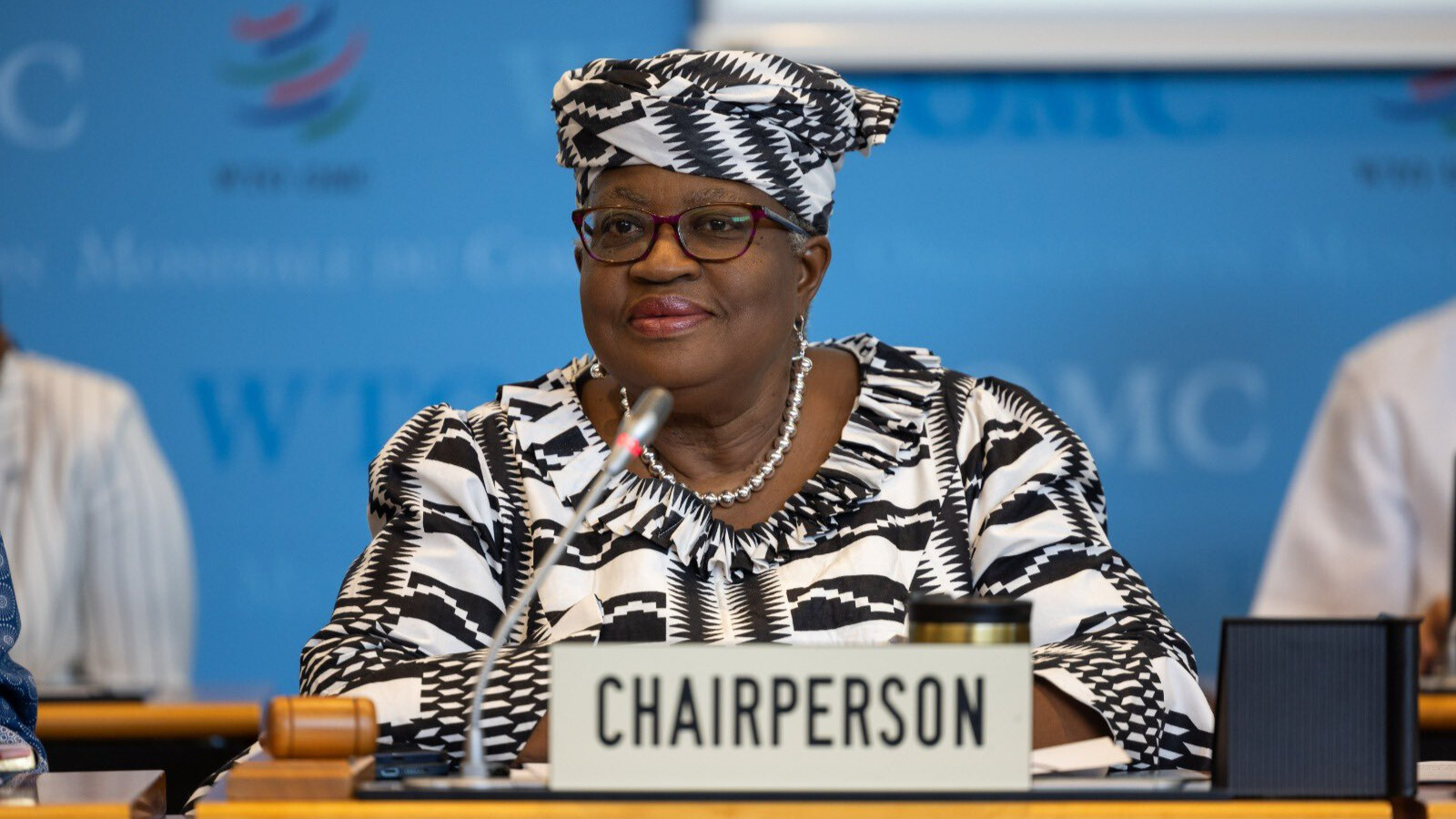On July 12, 2023, Gabon officially accepted the Agreement on Fisheries Subsidies, becoming the third African country to do so. Ambassador Mireille Sarah Nzenze presented Gabon's instrument of acceptance to Director-General Ngozi Okonjo-Iweala, according to a press release by the World Trade Organization (WTO).
"I am grateful to Gabon for its formal acceptance of the WTO Agreement on Fisheries Subsidies," Okonjo-Iweala said in the WTO release. "Illegal, unreported and unregulated (IUU) fishing costs Africa over $2.3 billion in economic losses every year, according to estimates from the African Union Commission, so I am particularly pleased to see another acceptance from the continent."
"This is the latest sign of Gabon's commitment to building a truly sustainable ocean environment and economy: the country has created one of the largest marine reserves in Africa, and its Gabon Bleu programme includes measures to fight IUU fishing. Fish consumption in Gabon is above the global average, and food security in the country stands to gain from the agreement's rapid entry into force. I hope this serves as an inspiration to other WTO members."
Gabon became the third African country to deposit its instrument of acceptance for the Agreement on Fisheries Subsidies. Ambassador Mireille Sarah Nzenze presented Gabon's acceptance to Director-General Ngozi Okonjo-Iweala, marking the 13th instrument received by the WTO. With more than one-third of the required acceptances now in hand, the Agreement is well on its way to coming into effect, requiring acceptances from two-thirds of WTO members, according to the WTO release.
The Agreement on Fisheries Subsidies, adopted at the WTO's 12th Ministerial Conference in June 2022, introduces new enforceable global regulations aimed at reducing harmful subsidies that contribute to the depletion of fish stocks worldwide. Furthermore, the Agreement acknowledges the specific requirements of developing and least-developed countries (LDCs) and establishes a fund dedicated to offering technical support and capacity building to assist these nations in fulfilling their obligations. The Agreement specifically prohibits subsidies for illegal, unreported and unregulated (IUU) fishing, prohibits support for the exploitation of overfished stocks and puts an end to subsidies for fishing activities conducted in unregulated areas of the high seas, according to a press release by WTO.
According to the release, Ambassador Mireille Sarah Nzenze said, “A major step was taken on 17 June 2022, when trade ministers reached unanimity and concluded the first phase of the years-long fisheries subsidies negotiations. My country's authorities, aware of the environmental emergency, including that of saving the oceans, have accelerated the process for the domestic ratification of the Agreement on Fisheries Subsidies. By depositing its instrument of acceptance of that Agreement, Gabon expresses hope that the ongoing negotiations will result in a comprehensive agreement that will take into account the vulnerabilities of a certain number of WTO Members.”

